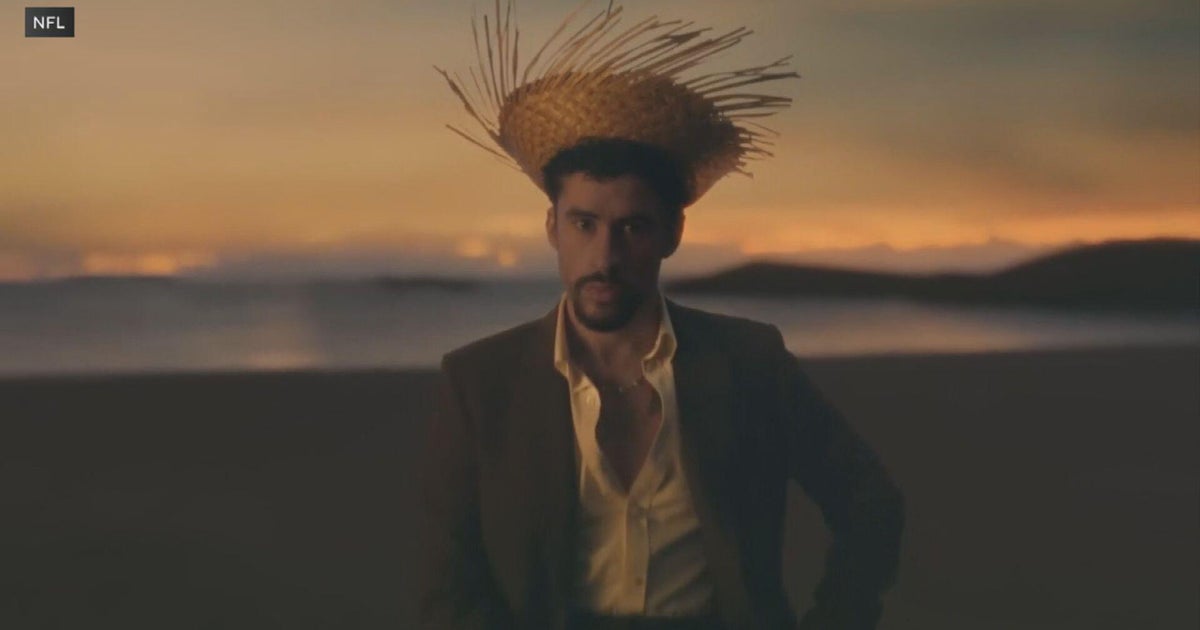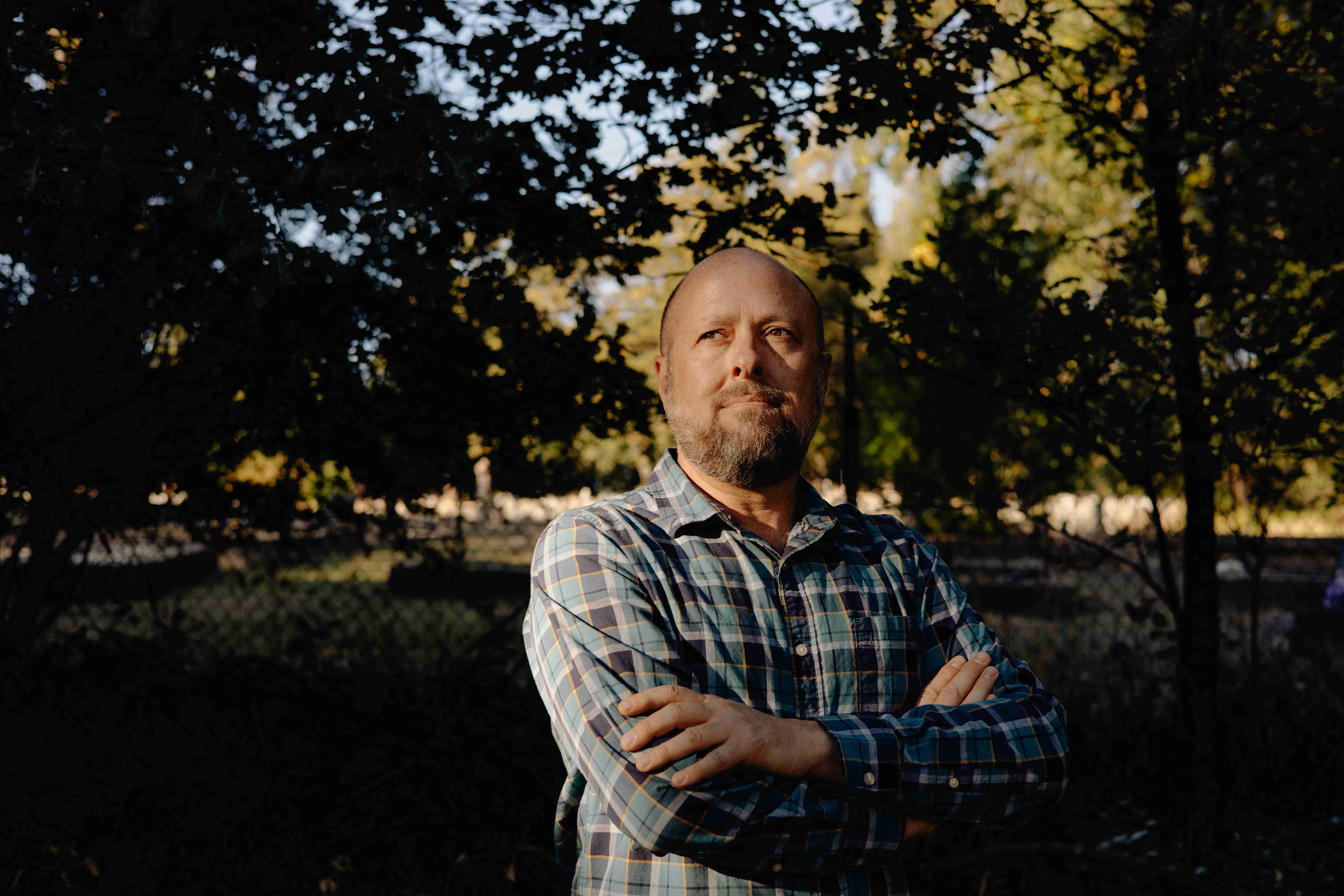Time capsule library in Norway seeks to leave hope for future generations
A project is underway at a library in Norway that will take an entire century to complete. Over the next hundred years, prominent authors will place an unread manuscript in a time capsule until 2114.
The library, known as Future Library, was launched eight years ago by Scottish artist Katie Paterson. She says "time and longevity" as well as "hope and rituals" are at the core of the space's goals.
"It's more important than ever that we expand our time horizons," Paterson told CBS News correspondent Nancy Chen.
Acclaimed authors each year will be invited by the Future Library Trust to submit their work, with only the title revealed at the time. Upon accepting their invitations, the writers will have nearly a year to compose manuscripts with no restrictions on length or genre. However, the biggest rule is that writers do not share their stories with anyone — including editors or family.
Even as the creator of Future Library, Paterson says she does not know what is on the manuscripts.
"Of course I want to know but if I looked at them, it would break the spell of the whole thing," she said.
The manuscripts will later be printed on paper provided by the trees standing around the library's nearby forest. Then, the works will make their way to a silent room inside of the Oslo Public library where they will be kept in glass drawers inscribed with their names.
Zimbabwean writer Tsitsi Dangarembga, Norwegian author Karl Ove Knausgård and Vietnamese American author Ocean Vuong were among those inaugurated by Future Library in a ceremony this year. Previous writers apart of the exhibition include Margaret Atwood who wrote "The Handmaid's Tale."
"It's a simple ceremony," Paterson said. "It's just in a forest. It's just trees and you know, it's just words on paper, but it's quite humbling form the one-click Amazon world of like, you know, expecting instant gratification."
She says the exhibition seeks to provide optimism for the next generation.
"I just hope people will take away that in this moment in time, the generation that are being born now are being born into troubles that the last generation did not even have to think about," Paterson said. "And so I think it's about leaving something that's hopeful, that's saying: We see you. We respect you You're not born yet, but you're really important to us and we really hope that by the time you read this book, some of the problems that we're facing now may be sorted out."



